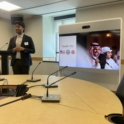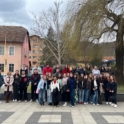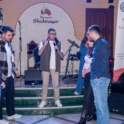Abdulaziz reflects on the highlights from serving as a mentor for CEW.
STORIES
YES Alumni Grant: Mental Health for At-Risk Youth
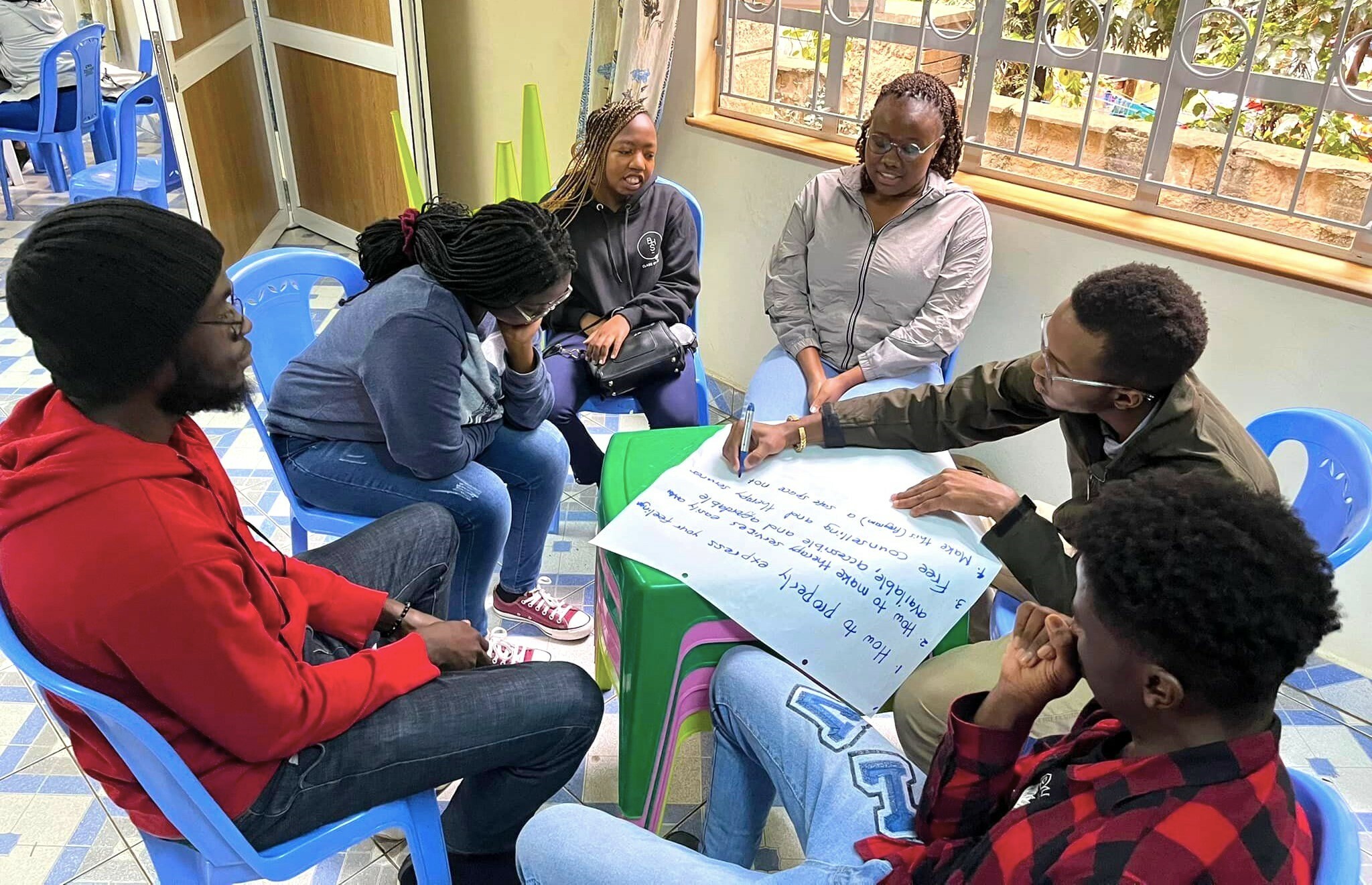
By Anthony Mulanzia (YES 2012-2013, Kenya, placed by AFS in Hebron, IN) and Laban Musungu Yosia (YES 2013-2014, Kenya, placed by PAX in Purcellville, VA)
My name is Anthony Mulanzia, and my YES exchange year significantly contributed to my passion for community development and service. I have collaborated with numerous YES alumni on community service projects, including training on inclusive education, improving access to sanitation, community cleanups, and environmental awareness. Laban and I were also actively involved as volunteers in renovating the August 7th Memorial Park, which pays tribute to the 1998 bombings of the U.S. Embassy in Nairobi.
Back in 2021, I was experiencing mental illness and was diagnosed with clinical depression. I sought support and assistance from friends and family and attended weekly therapy sessions. However, in Kenya, mental health issues are not part of day-to-day conversation. There is minimal support for those who need it. One in every ten people seeking outpatient health services in Kenya has a mental illness. The lack of awareness among many Kenyans is due to stereotypes, inadequate resources, and limited capacity among our health services. For Kenyans encountering a mental illness, costly resources such as therapy remain a barrier, and misconceptions about mental health further elevate the challenges.
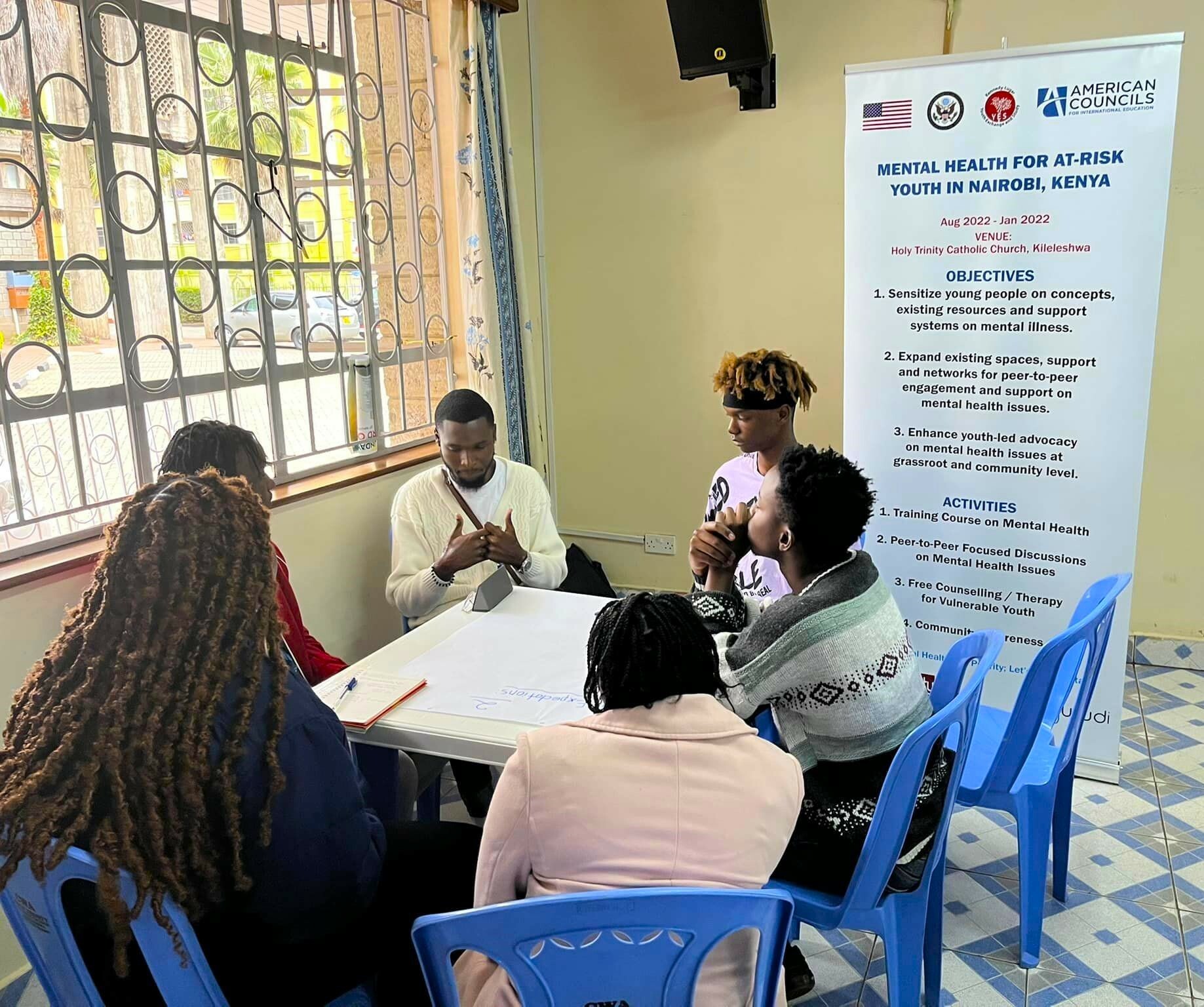
It was against this backdrop that Laban and I applied for a YES Alumni Grant for the Mental Health for At-Risk Youth program. The project aimed to raise awareness about mental health support and resources and to expand access to resources for young people. Through this initiative, we provided 65 young people with 12 mental health training sessions, free individual and group counseling, and referral services. Additionally, the project sought to increase community awareness of mental illness and available resources through a campaign that reached over 1,600 people in the Kileleshwa community. We partnered with the training platform Jijali Yusudi and Holy Trinity Catholic Church for the project’s implementation.
Our participants gained knowledge and skills for resilience when facing mental health challenges. The project was originally intended to serve 30 young people; however, we were able to more than double our number of participants. Also, 25 of our participants received free counseling services for five months, and another ten received referrals to specialized therapy outside of the project.
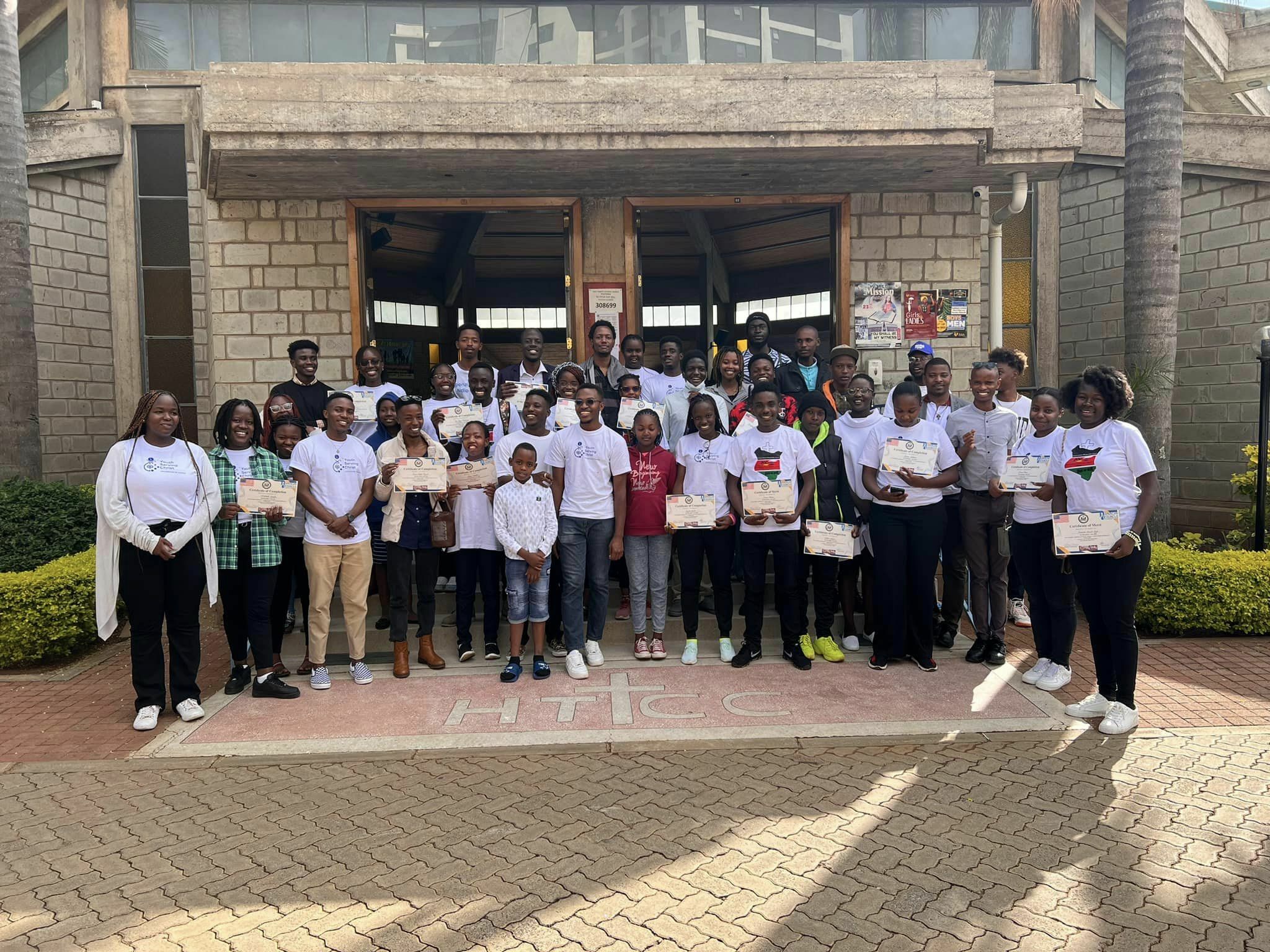
“The training changed my perception of mental health and enhanced my capacity to tackle mental health challenges personally and provide support to my friends and family encountering mental illness.”
“The project provided a safe space to share issues affecting us. I gained so much knowledge about helping others and myself. We need more of this.”
“There was so much insightful learning from the training. So many myths and misconceptions were debunked. I shared some of the knowledge I gained with my circles, especially coping mechanisms.”
So many lessons emanated from this project. However, the most important one is that community development is a continuous process. This project started a bigger conversation on an often forgotten but significant community issue.
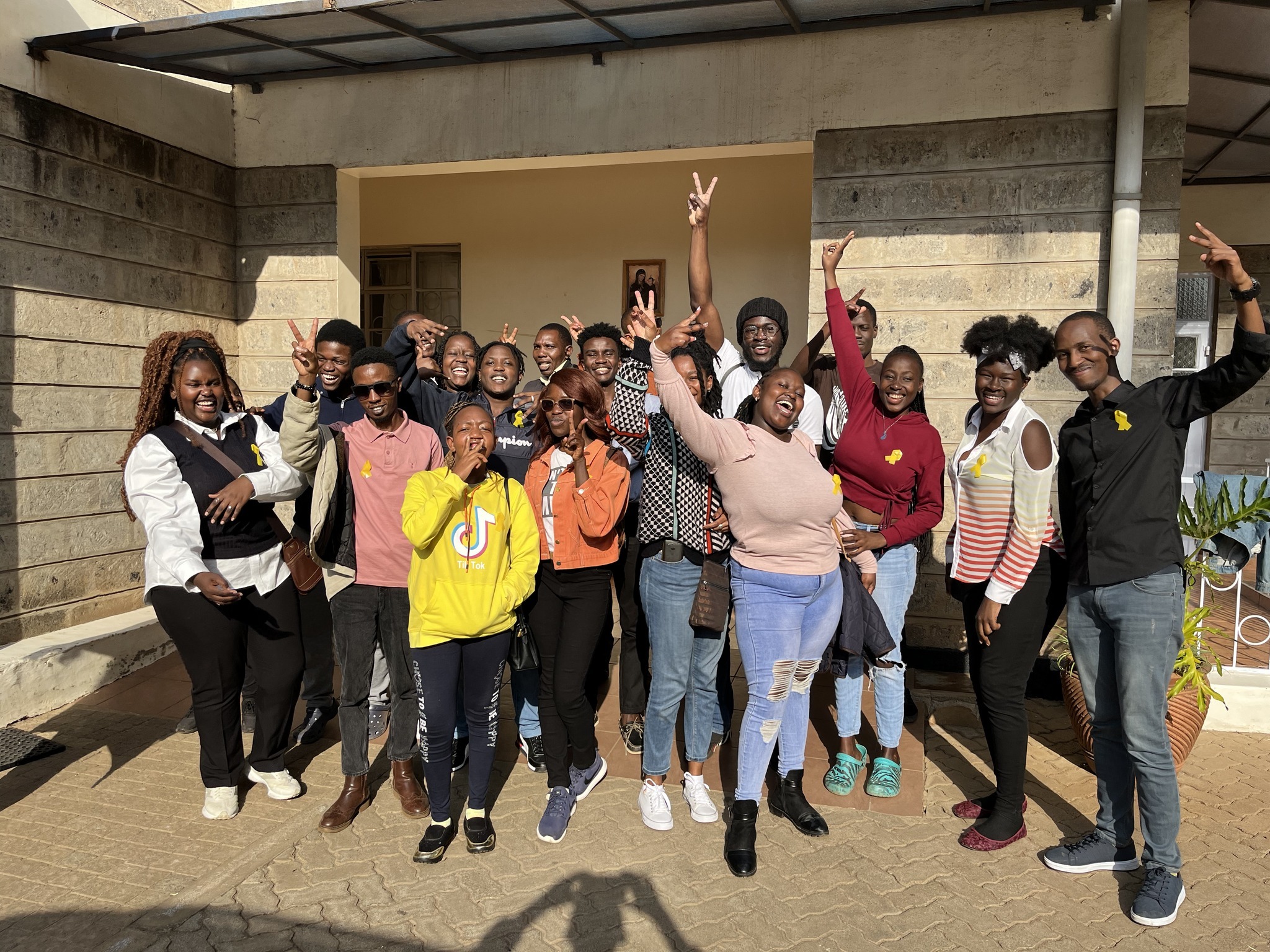
I want to extend my gratitude to Project Leader Laban Musungu Yosia, who devoted himself to this project. A huge thanks to our partners: Holy Trinity Catholic Church, Jijali Yusudi, SaladMaster-Mezani, and Hands of Love Organization. I would be remiss if I did not express my appreciation for the project team, including George Watakah, John Paul Owuor, Teniesha Awuor, Mupa Mmbetsa, Bruce Siti, Abraham Kimemia, and Eunice Okumu.
A big thank you goes to the U.S. Department of State’s Bureau of Educational and Cultural Affairs, American Councils for International Education, the YES Program, and AFS Kenya for their support in making this community development project successful.


